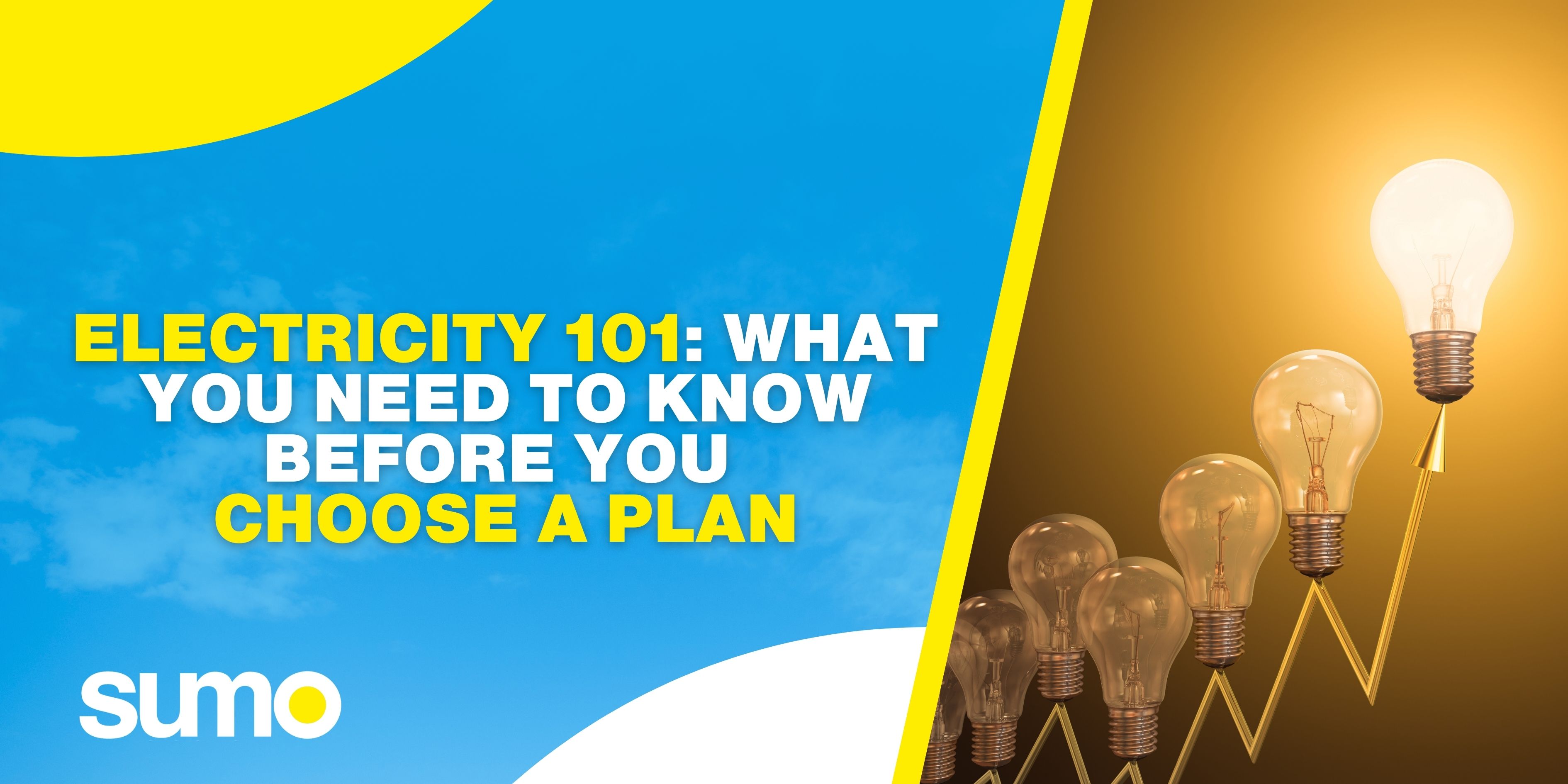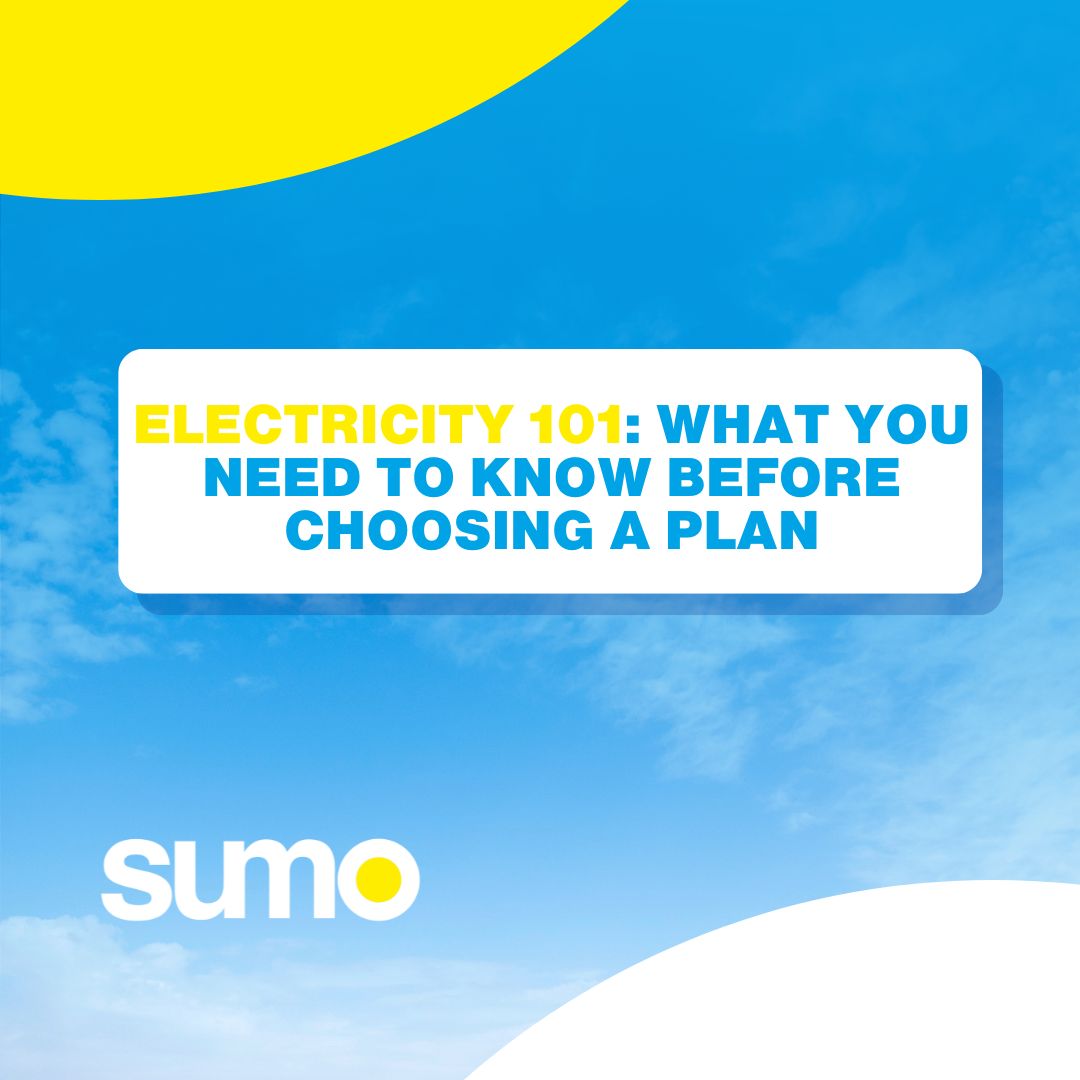When it comes to electricity prices, there’s no shortage of choice. There are so many different energy providers, deals, and packages that it’s easy to feel swamped. Some offer low rates. Others promise discounts, rewards, or bonus sign-up credits. But which one’s right for you?
We get how overwhelming it can be — especially when comparing energy plans with different prices, conditions, and small print. We’ve put together this guide to help you eliminate the confusion and feel confident about your energy choices.
Let’s take it step by step.

1. What Affects Your Energy Bill?
Ever wonder why your energy bill changes from one season to the next? It’s not just about how long your heater or air con is running. Here are a few things that can make a difference:
Weather: Hot summers or chilly winters usually mean more energy use.
Appliances: Old or inefficient appliances can quietly chew through electricity.
Household habits: Small changes, like switching off lights or using cold water for washing, can add up.
Tariff type: Some plans charge different rates depending on the time of day.
Knowing what affects your usage can help you find a plan that suits your lifestyle — and avoid paying more than you need to. Want to learn how to save electricity around the house? Click here for simple tips.
2. Energy Offers Can Be Confusing
Not all electricity plans are created similar, and comparing them can feel like solving a puzzle. Different providers, price structures, and plan types can make the decision more complicated than it needs to be.
That’s why comparing offers using government-accredited websites like Victorian Energy Compare or Energy Made Easy is a good idea. These sites help you look at what’s available based on your household’s needs.
If that still feels too technical, give your energy provider a quick call. Speaking to someone can help make things clearer — and they might be able to walk you through your options in a way that makes more sense.
3. Customer Reviews: Your Secret Weapon
When looking at many different options, real experiences with real people can help you sort the good from the not-so-good. Before you sign up for anything, look at what others are saying.
Check for:
Billing accuracy: Are people getting charged correctly?
Customer service: Can you get help when you need it?
Ease of switching or leaving: Is it a drama to change plans or cancel?
General satisfaction: Would they recommend their provider to others?
Websites like ProductReview, Trustpilot, or even Google, as well as social media groups, can give you honest feedback that providers might not put on their homepages.
Hot tip: If you see the same complaint, it’s probably not a one-off.
4. Match Your Electricity Plan to Your Routine
Think about how and when your household uses electricity.
Home during the day? A time-of-use plan with lower daytime rates might suit.
Mostly using power in the evenings? Look for plans with fixed rates or lower evening charges.
Got a pool or electric vehicle? These can change your usage patterns too.
The best plan isn’t always the cheapest on paper — it’s the one that fits your day-to-day life.
Still confused by the terms? We have a handy energy glossary that makes it all clearer.
What questions to ask before signing up? Our Top question to ask energy providers can help ensure nothing gets missed.
Final Thoughts: You're Not Alone
Choosing an electricity plan shouldn’t be this complicated — but with many offers, it can feel like you need a spreadsheet to keep track. It’s okay to feel a bit lost. A lot of people do.
But by learning how to read your bill, spotting common red flags, and checking what other customers say, you’ll be in a much stronger position to choose a plan that suits your home and budget.
Want to save more with a new electricity plan?
Leave your postcode and compare today to see how much you could save.

No Comments Yet